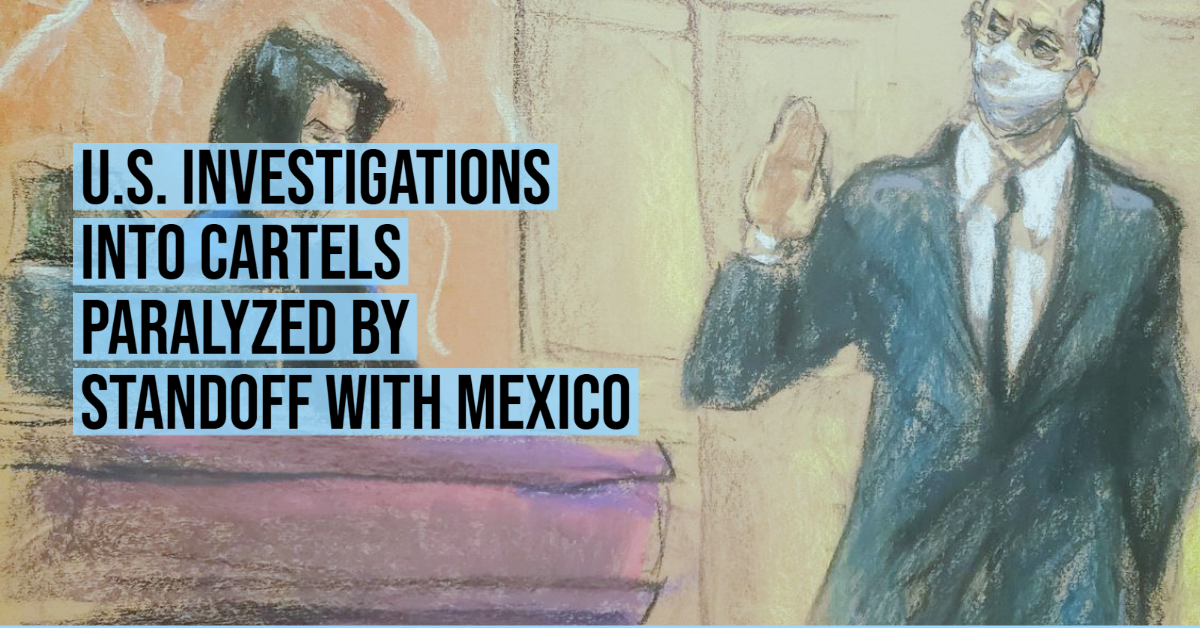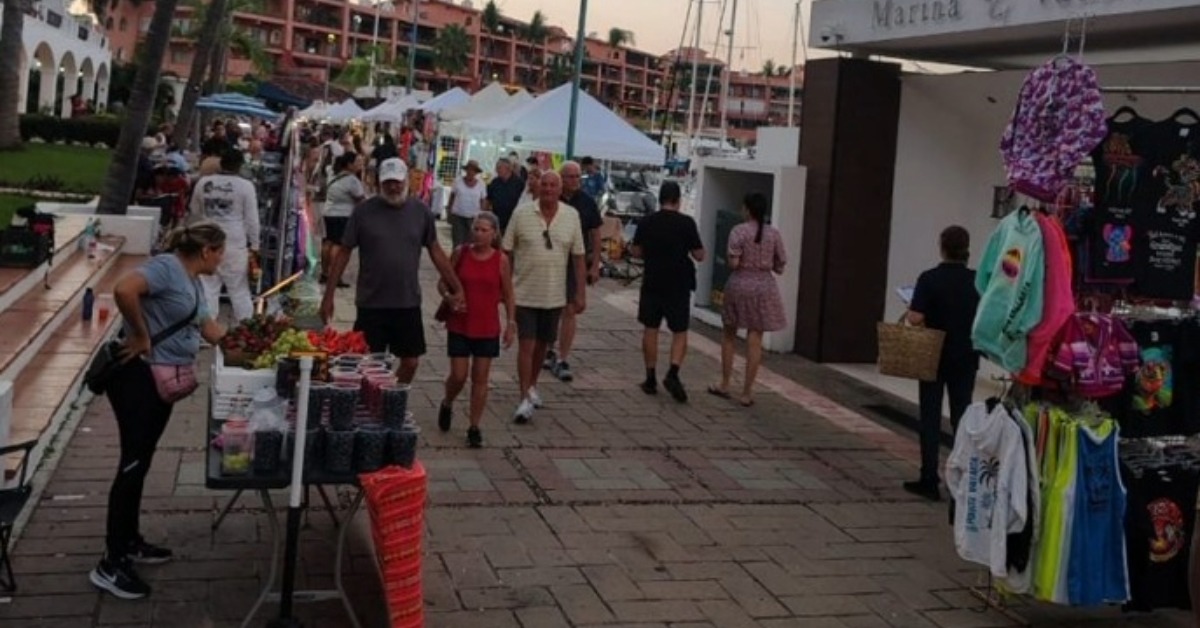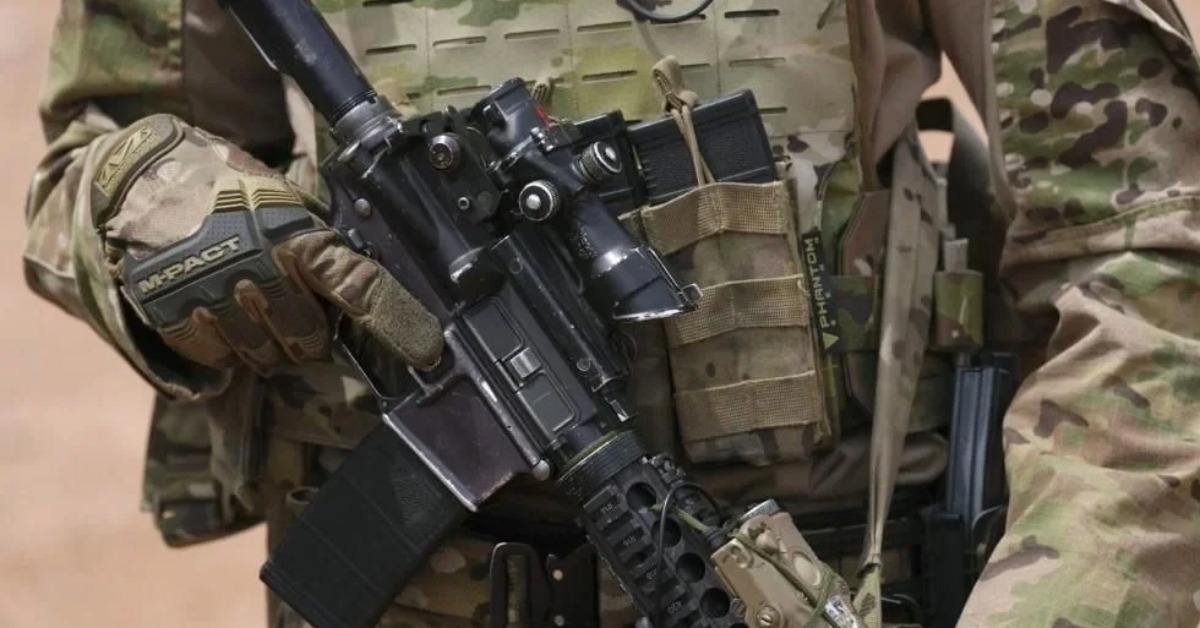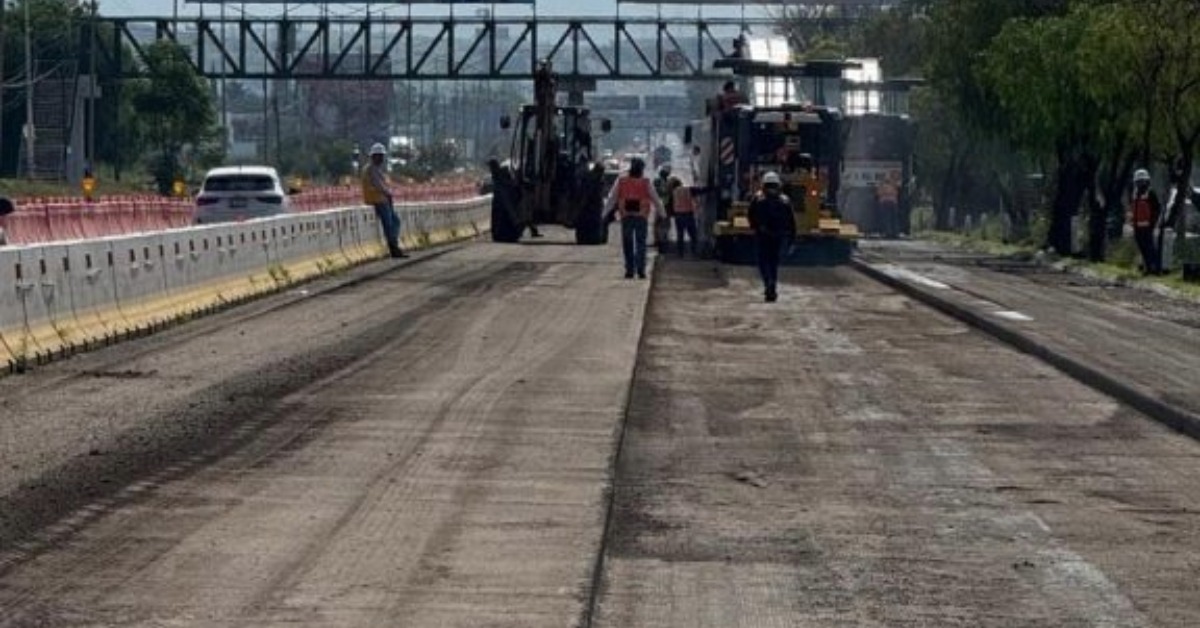U.S. efforts to battle powerful drug cartels from inside Mexico have ground to a halt since January as strained relations between the two countries have frozen attempts to corral drug kingpins, according to current and former senior officials in both nations.
Until recently, U.S. and Mexican authorities routinely, if cautiously, shared intelligence on major cases. But in December, Mexico enacted a law requiring U.S. authorities to report their law-enforcement contacts in the country to the Mexican government, which American investigators widely view as corrupt. The new policy has led investigators on both sides . . .






